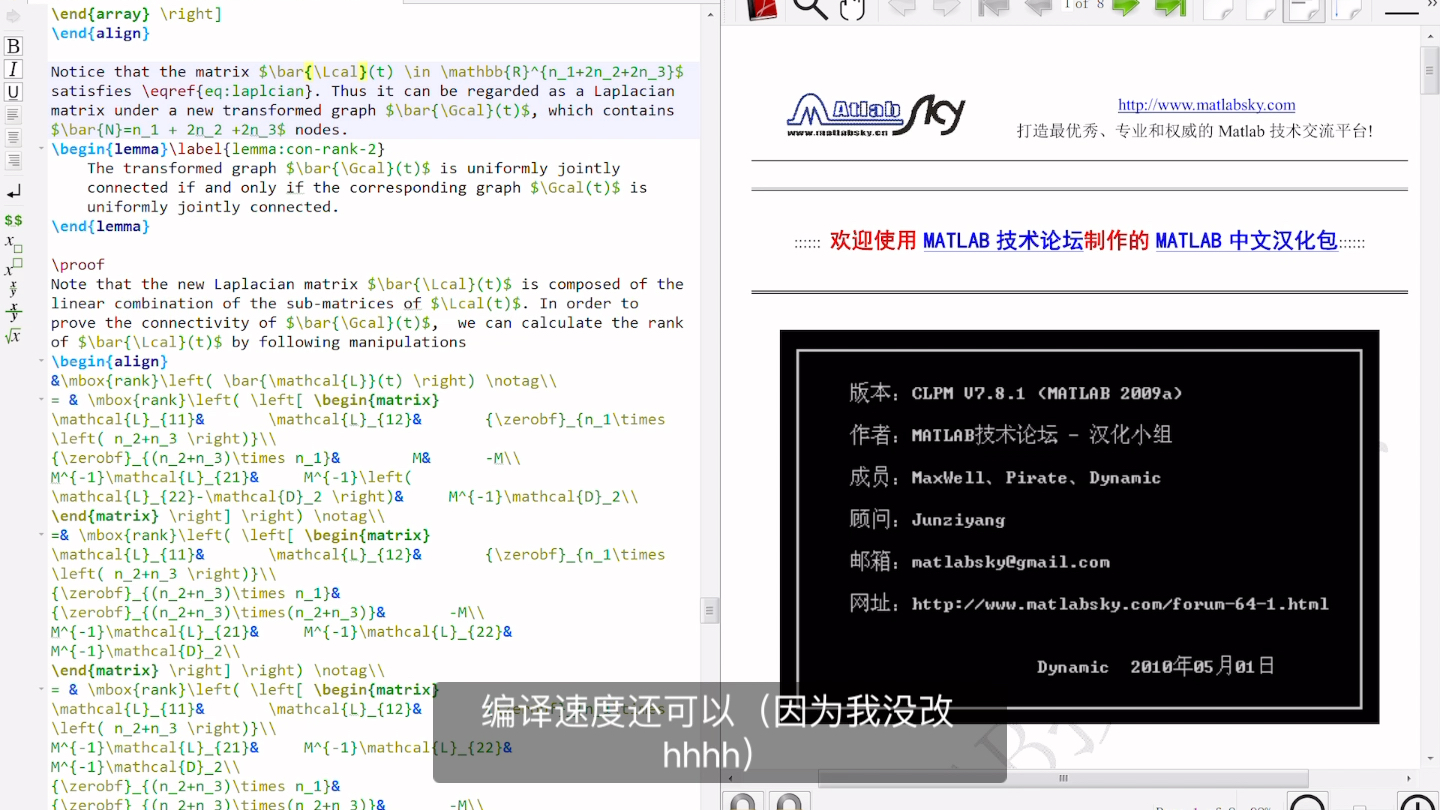

Do you remember what he said after one of the engineers gave a long explanation? It might be worth a look.įor maximum adoption of this platform, it needs to play well with others, especially given the hotbed of research in this area. For example they indicate 12.0 was supported, but 12.0 was released in 2019, which was before engineering samples of the M1 were available to the public, so it would have been very difficult for the M1 to have been supported 'natively' in the 2019 time frame. This reminds me of what Steve said after the Mobile Me debacle. Wolfram has a chart showing what parts of Mathematica 12.0 and 12.1 work with M1, but that was under Rosetta 2. The conflict comes because conda wants to define and control the environment so that there is compatibility between versions of Python and the litany of libraries required.
#MATLAB FOR MAC M1 INSTALL#
An example of this is using conda to install the environment and using another installer for the metal plugin. There is no published method for installing Tensorflow, the leading ML API, on a Macbook Pro M1 that actually works without breaking something else. Why is this question and its responses marked read only? This given that it is such an important topic affecting the adoption of Macbook Pro M1's. Normalize_img, num_parallel_calls=tf.)ĭs_train = ds_train.shuffle(ds_examples)ĭs_train = ds_train.prefetch(tf.)ĭs_test = ds_test.prefetch(tf.) Return tf.cast(image, tf.float32) / 255., label Ever since the M1 release, MATLAB users have been asking the question When is a native Apple Silicon version going to be available. MATLAB beta on Native Apple Silicon available now.

#MATLAB FOR MAC M1 UPDATE#
"""Normalizes images: uint8 -> float32.""" MathWorks made use of this and MATLAB has been supported on Apple Silicon Macs via Rosetta 2 since R2020b Update 3. (ds_train, ds_test), ds_info = tfds.load( Print("Num GPUs Available: ", len(tf._physical_devices('GPU')))įrom import disable_eager_execution I would appreciate very much any help from Apple support or the developers community. We have more than 50 data scientists in our company and I am leading a research on CoreML and the adoption of the new MacBook Pro as a standard platform to our developers. As a remedy I am now running the same code on Anaconda (Rosetta) and it is taking 50% more time. I have formatted the MacBook several times, followed the instructions on and the problem persists. I'd been successfully running M1 native Python code on a MacBook Pro (13-inch, M1, 2020) using Jupyter Notebook, but since the notebook kernel dies as soon as the M1 CPU is used intensively. Please, I need help to run M1 native Python again!


 0 kommentar(er)
0 kommentar(er)
